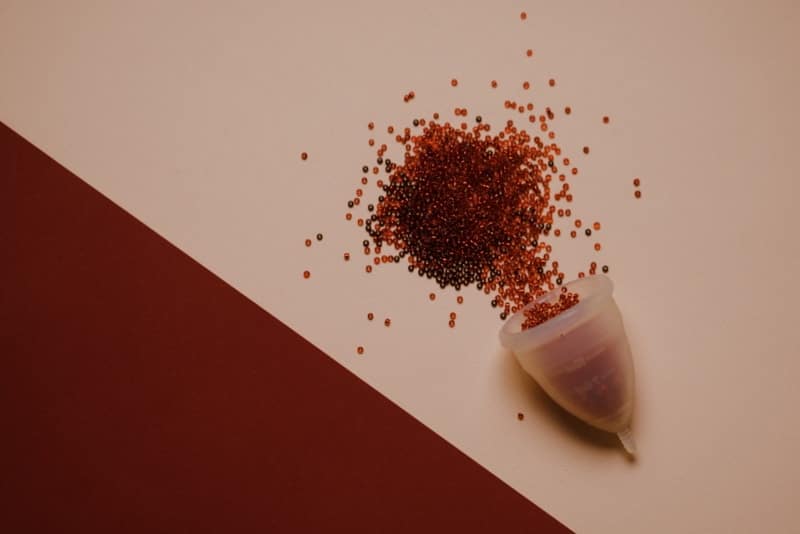Is my period long?
A normal period has bleeding that generally lasts between 3 to 7 days. Anything that goes beyond that is considered a prolonged period.
What can cause long periods?
- Puberty or perimenopause
Being at the extreme ends of reproductive age can cause periods to be erratic due to transition.
- Hormone medications
Certain birth control methods can cause long periods e.g. intrauterine contraceptive devices (IUD), implanon, injections (depo provera). Hormone medications such as Visanne (used to treat endometriosis) can also result in long (but light) periods.
- Pregnancy
Miscarriage or ectopic pregnancy can result in prolonged bleeding that can be mistaken as a long period.
- Uterine fibroids
These are non-cancerous growths that come from the muscle layer of the uterus (womb). They can result in the uterus to be larger than normal. Some fibroids can cause heavy and long periods depending on their location.
- Endometrial polyps
These are growths are attached to the lining of the uterus (endometrial lining) and result in long periods due to the disturbance of the womb lining.
- Adenomyosis
This is a condition where the tissue from the womb lining grows into the muscle wall of the womb, causing the womb to be enlarged and resulting in heavy long periods.
- Pelvic inflammatory disease (PID)
This is a condition where there is inflammation of a woman’s uterus, fallopian tubes and ovaries, usually caused by sexually transmitted infections (STIs).
- Endometrial hyperplasia/ cancer or cervical cancer
These may also have other symptoms like heavy periods, bleeding in between periods, bleeding after sex, or bleeding after menopause.
- Bleeding disorders
Certain bleeding disorders with reduced ability to clot may result in long periods.
When should I be concerned?
See your gynaecologist if you experience more than a few months of long periods, or have associated symptoms like heavy periods, bleeding in between periods, bleeding after sex, or bleeding after menopause.
What tests do I need?
Your gynaecologist will take a detailed medical history and perform a pelvic examination to check your cervix and uterus. Depending on your symptoms, you may require an ultrasound scan, pregnancy test, Pap smear/HPV test, vaginal swabs, biopsy of the womb lining, or blood tests.
Is there treatment for long periods?
Treatment depends on the cause for your long periods. If the cause is due to certain hormonal medications you are on and your tests return negative, you may not need to do anything if the flow is light. Discuss with your gynaecologist about the appropriate options for you.
